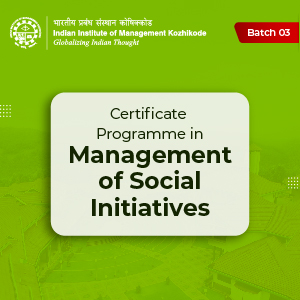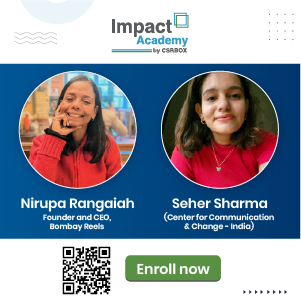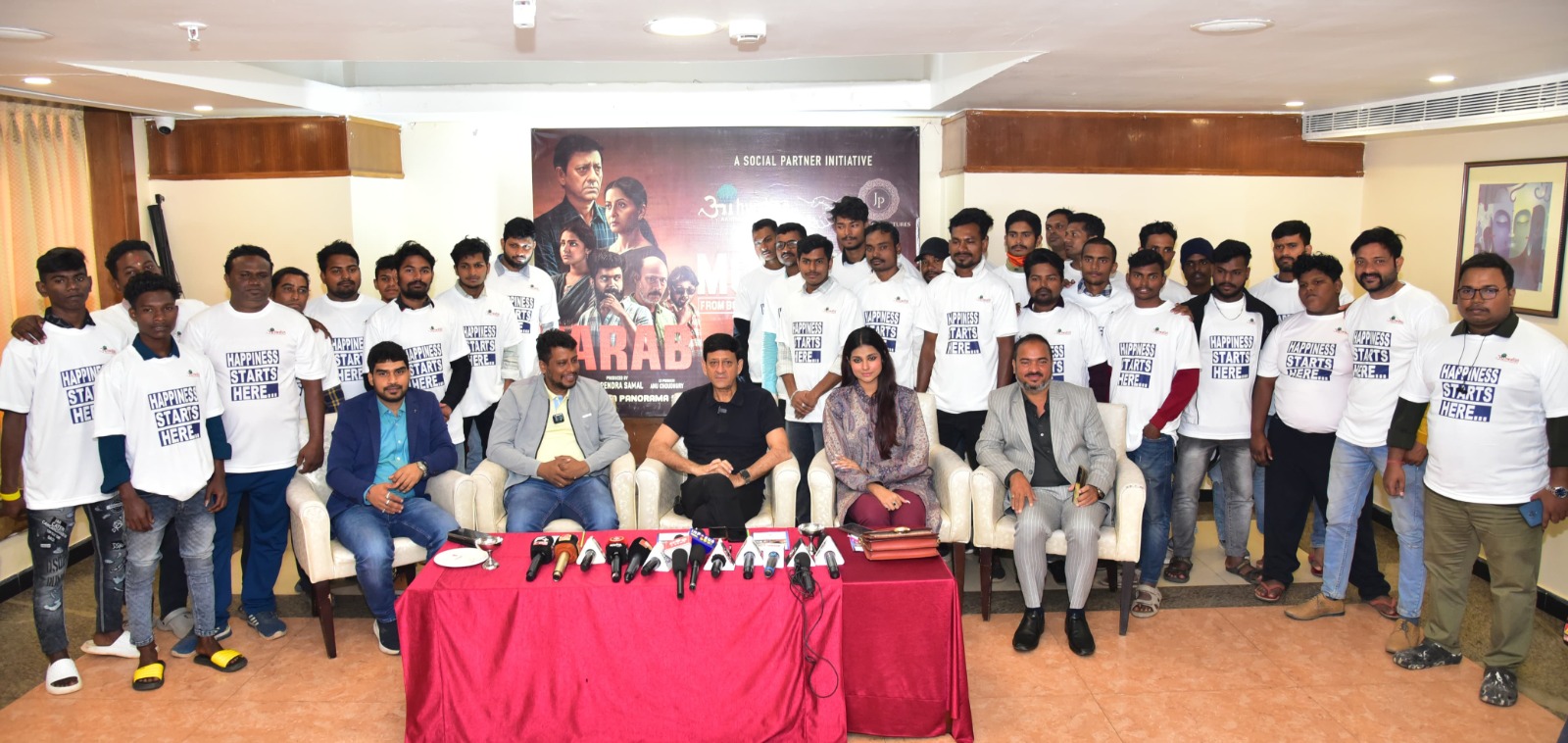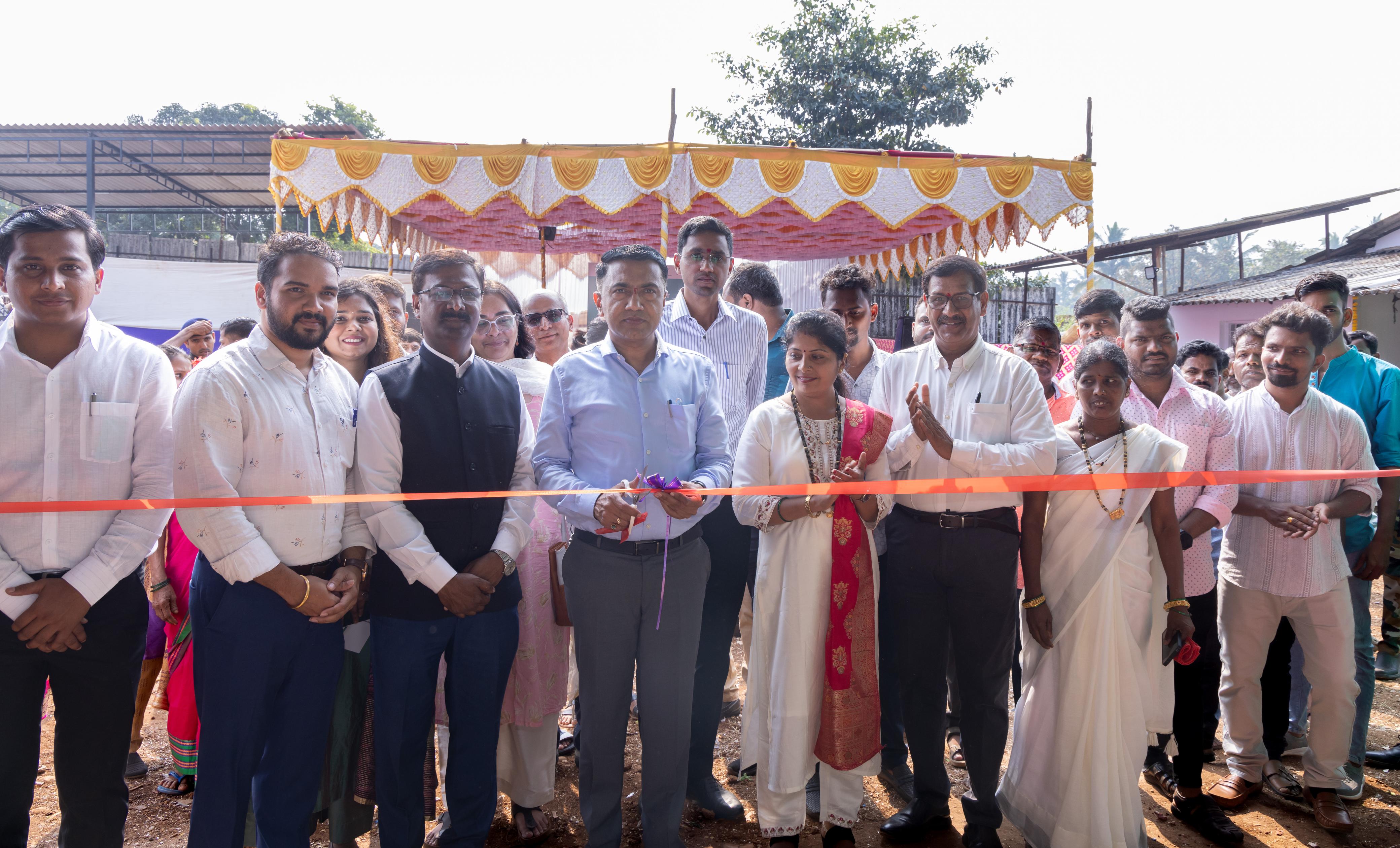Subscribe our Weekly Newsletter
Applications Invited for Investigative Story Grant and Training Program for Indigenous and Tribal Journalists

Organization: Earth Journalism Network (EJN)
Apply By: 16 Oct 2024
Grant Amount: 2500 USD
About the Organization
Created in 2004, EJN is now a truly global network of reporters and media outlets in virtually every region of the world.
Environmental and climate change reporting is now more urgent than ever, but journalists face myriad and mounting challenges in covering these topics. The media industry is in crisis, and misinformation is on the rise. Reporters working for cash-strapped news agencies often don't have the resources to research a story properly; freelancers, even less so. That’s where EJN comes in.
About the Grant
EJN is offering reporting grants to Indigenous and tribal journalists globally to support the production of investigative, innovative and/or enterprise reporting on environmental and climate issues.
Indigenous-led investigations have reached new heights in recent years; collaborations across continents have produced powerful accountability reporting, while the growth of data sets by Indigenous and tribal journalists has deepened environmental coverage.
Impactful investigations include a global survey of anti-Indigenous movements from Canada to Guam, an in-depth look at neglectful sewage dumping and impacts on fish farmers in Egypt, and an investigation into the public universities profiting from Indigenous ancestral land used for natural resource extraction and other industries.
At the same time, Indigenous data sovereignty—or the rights of Indigenous peoples to own their data and information, from traditional ecological knowledge to health records—means Indigenous communities and tribes are pioneering ways to gather and share data, with Indigenous journalists uniquely positioned to interpret and report this information.
However, more must be done to support Indigenous investigative journalists and media outlets, as they often operate independently, face limited resources and safety threats—or are even denied access to media permits or licensing required to do their work.
To increase Indigenous representation—and by extension, knowledge equity—in environmental reporting, EJN is launching a training program for up to 6 Indigenous journalists looking to investigate and produce stories about these varied issues.
As part of the program, supported by the Wikimedia Foundation, we’ll pair each selected journalist with an Indigenous journalist mentor, facilitate networking opportunities between experts and the selected journalists and offer a story grant of $2,500 to $3,000 each. Selected journalists will also participate in a virtual training program led by veteran media trainers to build their skills in investigative reporting techniques.
Story themes
We welcome story ideas from journalists who identify as Indigenous and/or belonging to a tribe (see the Eligibility section for more information on this) that present investigative, innovative or enterprise angles to underreported climate and environmental issues.
We are particularly interested in stories that:
- Expose governments, corporations and other powerful actors who fail to meet commitments to include Indigenous Peoples or intentionally sideline them as leaders in decision-making around climate and environmental issues;
- Investigate land rights and environmental sovereignty, including historical precedent, legal frameworks and data sovereignty;
- Explore solutions proposed or implemented to curb climate or environmental challenges that may not be serving vulnerable communities or were conducted without their consent;
- Utilize Freedom of Information requests or public data to investigate little-known or covered-up climate and environmental justice issues;
- Develop land or environmental mapping projects or data sets that culminate in an investigative piece.
Proposals that focus on topics or stories that have not been widely covered are preferred. Issues that have already received a lot of media coverage or don't provide unique angles to environmental challenges are less likely to be selected.
Eligibility
- Applicants must self-identify as Indigenous or belonging to a tribe and will be asked to provide details on their Indigenous or tribal affiliations in the application. EJN is utilizing the ILO Convention No. 169 as a baseline for eligibility and will seek to establish a diverse cohort from a wide range of Indigenous and tribal communities and nations.
- Applicants can be from anywhere in the world.
- Journalists who have previously received Indigenous Story Grants from EJN in 2021 and 2022 are eligible for this opportunity, but preference will be given to those who have not yet received support.
- Journalists who are not Indigenous are not eligible for this opportunity; however, we will accept applications from pairings or teams of Indigenous and non-Indigenous journalists. In these cases, the Indigenous journalist must be the lead applicant for the application to be considered. Lead applicants are responsible for communicating with EJN and receiving funds on the group’s behalf, if awarded. Please note non-Indigenous journalists are welcome as collaborators in the story grant but will not be eligible to participate in the other networking or training opportunities that are part of this program.
- For the purposes of this grant opportunity, we will only be accepting applications in English. Unfortunately, we do not have the capacity to consider applications in other languages at this time. Applicants must have a sufficient understanding of English to participate in the training program, which will be held in English.
- Applications are open to journalists working in any medium (online, print, television, radio) and other expert media practitioners with investigative reporting experience and a history of covering environmental issues. We encourage applications from freelance reporters and staff from all types of media organizations—international, national, local and community-based.
- Applicants are required to be transparent about the use of generative AI tools, if any, to revise their proposals. EJN reserves the right to disqualify applicants from consideration if they have been found to have engaged in unethical or improper professional conduct, including, but not limited to, submitting AI-generated content as their own.
How to Apply
Application Deadline: 16 October 2024, 11:59 PM (Pacific/Niue)
- Click the 'Apply now' button at the top of the page.
- If you have an existing account, you'll need to log in. Since we recently updated our website, you might have to reset your password by clicking the “Forgot password?” link in the log in page. If you don’t have an account, you must register by clicking “Log in” on the top right of the page and click the “Sign up” link at the bottom of the page that opens. Click here for detailed instructions on how to create an account, and here for detailed instructions on how to reset your password.
- If you start the application and want to come back and complete it later, you can click 'Save Draft.' To return to the draft, you'll need to go back to the opportunity and click 'Apply now' again to finalise the application.
- Applications should provide a detailed budget in an Excel spreadsheet with justification for the amount requested. Download the budget template now by clicking on this link.
- All applicants will be asked to provide a signed letter of support from their editor, explicitly stating that the media outlet will publish the stories produced as a result of this grant.
- Applicants will also need to submit two samples of stories or links to relevant work.
For more information please check the Link
Latest Online Store
Latest Tenders And EOIs
Latest News
© Renalysis Consultants Pvt Ltd

.png)























.jpg)
